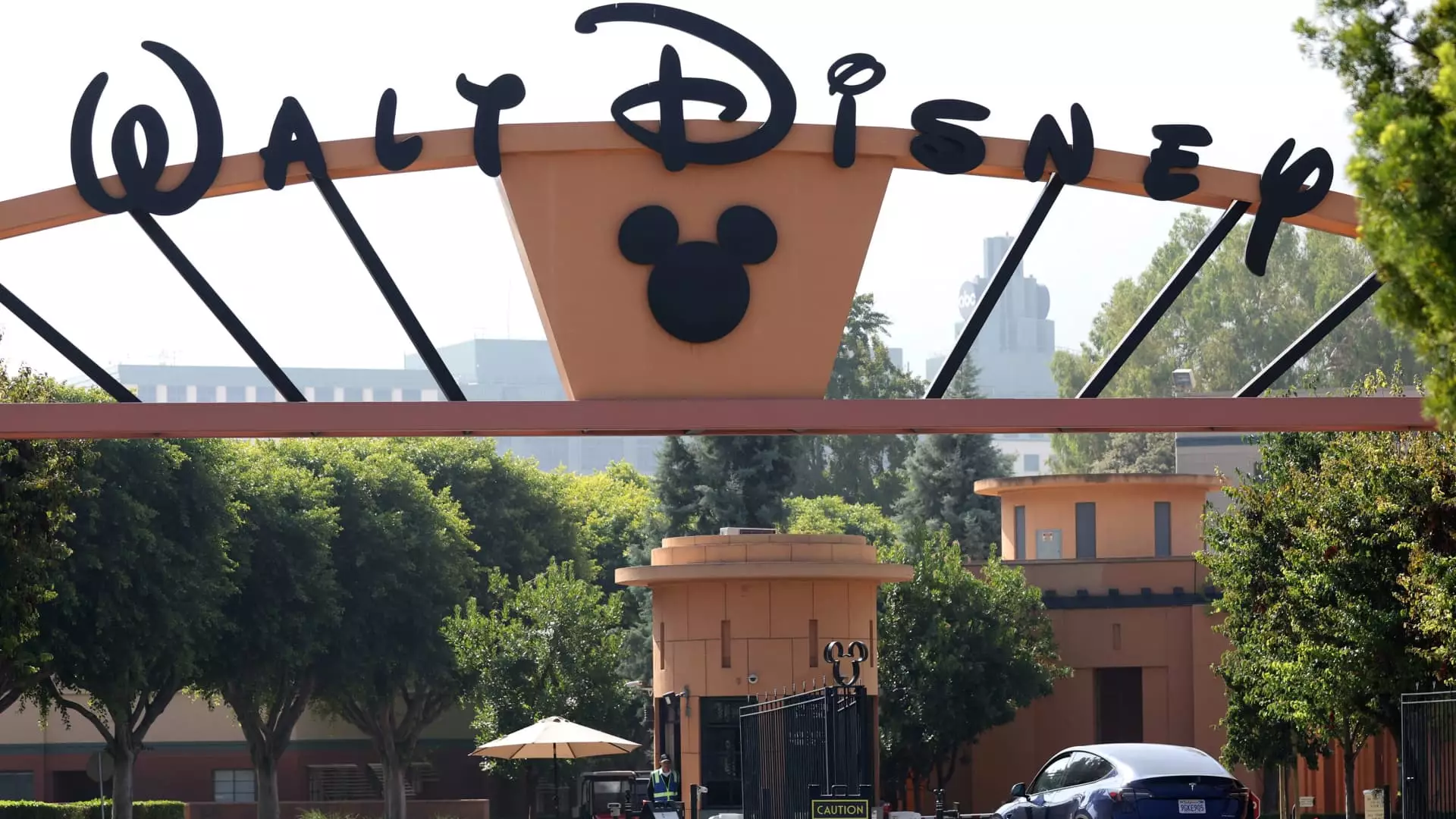The recent investigation initiated by the Federal Communications Commission (FCC) into the diversity, equity, and inclusion (DEI) practices at Walt Disney Company is more than just another corporate scrutiny—it’s a critical juncture for how businesses operate in America. FCC Chairman Brendan Carr’s aggressive approach signals a potential shift in regulatory stance that might redefine corporate governance across the country. The emphasis on ensuring equal employment opportunity is not merely about compliance but also about the ethics behind employment practices that, in many cases, perpetuate systemic biases rather than dismantling them.
The Slow Erosion of Traditional Values
For decades, Disney captured audiences through its storytelling prowess, primarily by focusing on meritocracy and creativity. However, the advocacy for DEI has steered the industry towards an ideological battleground, where traditional values often face an uphill battle. The letter from Carr underscores a rising concern that DEI initiatives might sometimes border on what some would label “invidious discrimination.” When diversity efforts morph into exclusionary practices that prioritize identity over ability, we risk sacrificing not only individual merit but the broader cultural foundation upon which successful enterprises have been built.
The Influence of Political Dynamics
It’s essential to recognize the implications of the political backdrop at play. The inquiry follows an executive order from former President Trump aimed at dismantling DEI frameworks across corporate entities. While some may view this approach as a curtailment of progressive policies, it could also be perceived as a reaffirmation of equality and individual merit flagging the dangers of groupthink in corporate America. Such a polarized environment obligates organizations to recalibrate their mission, balancing corporate responsibility with a heightened sensitivity to inclusivity without yielding to hollow tokenism.
The Role of Public Sentiment
Public opinion plays a pivotal role in shaping corporate practices. With growing scrutiny around corporate America’s adherence to DEI, a disconnect between companies and their consumer base can have severe repercussions. Consumers are increasingly aware of the ethical implications of DEI policies—expecting companies like Disney to champion inclusivity without compromising the principles of fairness. Carr’s investigation might echo sentiments far beyond regulatory compliance; it may serve as a juxtaposition between idealism and pragmatism.
A Path Forward: Bridging the Divide
As companies grapple with the aftermath of the FCC’s intervention, they must strategically pivot towards creating a sustainable framework for diversity. This requires input from all stakeholders, allowing individuals from various backgrounds to voice their concerns while ensuring that meritocracy remains at the heart of employment strategies. The challenge that lies ahead is one of genuine dialogue versus ideological battles. If Disney and other corporations can navigate this complex landscape, they may emerge as paragons of both inclusivity and excellence, redefining success in a new era of corporate accountability.
In this pivotal moment, Disney stands at a crossroads. It has the opportunity to reaffirm its dedication to creativity and storytelling while embracing a model of inclusivity that is truly equitable—not just in name but in practice.

